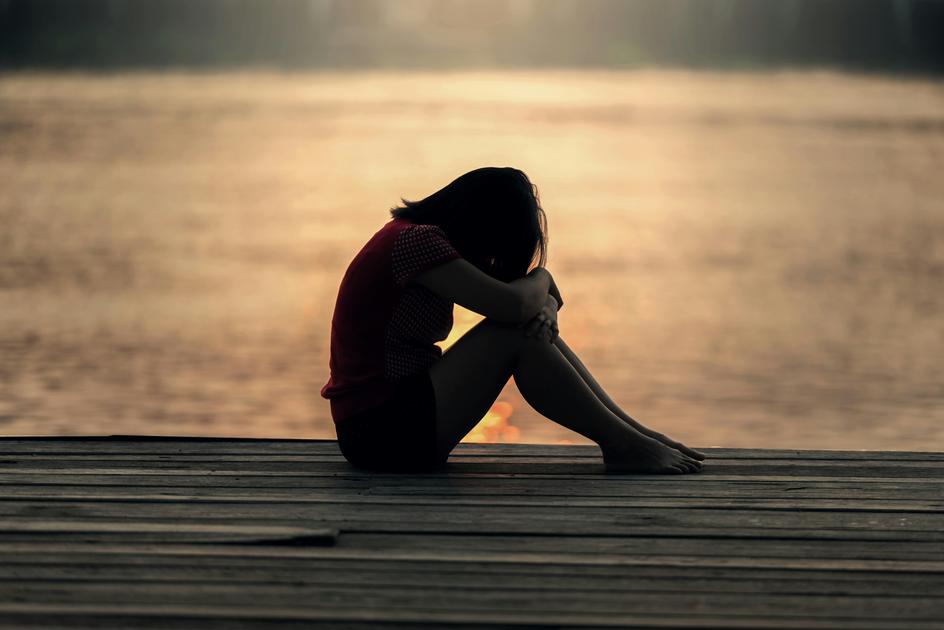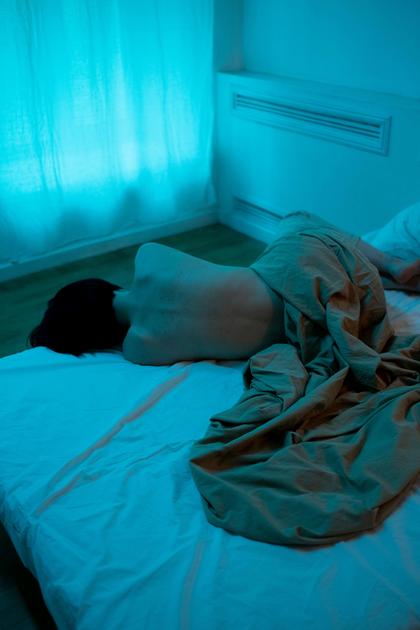Experiencing hair loss after pregnancy can be a distressing reality for many women. The transition into motherhood is often filled with joy, but it can also come with unexpected challenges, including hair thinning and loss. For many women, stress can exacerbate these feelings, leading to a cycle of anxiety and frustration. In this article, we will explore the relationship between stress and hair loss, offering empathetic insights for those navigating this often-silent struggle.
The Calm Reset — 7 Days to Feel Steady, Kind & In Control Again - Only $2.99
Gentle guidance trusted by our community.
Understanding Postpartum Hair Loss
Experiencing hair loss after pregnancy is common among new mothers. This phenomenon, also known as postpartum alopecia, occurs due to hormonal changes in the body after giving birth. During pregnancy, levels of hormones such as estrogen are elevated, which can stimulate hair growth and prevent shedding. However, after delivery, these hormone levels drop significantly, leading to increased hair fall. This condition generally begins around three months postpartum and can last up to a year.
It’s essential to understand that postpartum hair loss is usually temporary. Women may notice clumps of hair in the shower drain or on their hairbrushes, which can be alarming. However, acknowledging this natural change can help new moms cope more effectively. It’s a journey through a phase that many women experience but are often unaware of until it happens to them.
The Role of Stress in Hair Health
Stress plays a significant role in hair health, exacerbating conditions like postpartum hair loss. With the emotional and physical demands of caring for a new baby, many mothers find their stress levels soar. When the body is under stress, it produces more cortisol, a hormone that can disrupt the hair growth cycle, leading to accelerated shedding.
Moreover, stress is cyclical; the more a new mom worries about her appearance and the loss of hair, the more stress she may endure. Understanding this cycle is vital. Finding ways to manage stress can positively impact hair health and overall well-being.
Emotional Impact of Hair Loss on New Moms
Beneath the surface of hair loss lies a myriad of emotions. Many women feel a sense of loss not just about their hair, but also about their identity as they transition into motherhood. The societal pressures to appear vibrant and radiant can make the experience feel even more overwhelming. Women often feel isolated, as they believe they are the only ones suffering from these changes.
It’s important for new moms to know they’re not alone. Open conversations about the reality of postpartum hair loss can help normalize these feelings. Seeking support from family, friends, or online communities can create a sense of belonging and understanding. Remember, showing vulnerability is a sign of strength.
Navigating Hormonal Changes After Pregnancy
The hormonal fluctuations after childbirth can be disorienting. Many women experience mood swings, fatigue, and hormonal imbalances. These changes can contribute to hair loss, as the body takes time to recalibrate after pregnancy.
Tracking hormonal changes through nutrition, exercise, and relaxation techniques can support a smoother transition. Emphasizing self-care during this period is critical. Gentle exercises like yoga can help balance hormones and alleviate stress, which in turn can promote healthier hair growth.
Gentle Solutions for Hair Recovery
Recovering from hair loss doesn’t have to be daunting. Here are some gentle solutions:
- Scalp Massages: Stimulating the scalp increases blood circulation and promotes hair growth.
- Natural Oils: Applying oils such as castor oil or coconut oil can nourish hair and improve its health.
- Leave-In Treatments: Consider using lightweight leave-in conditioners to manage dryness and breakage.
- Reduce Heat Styling: Limiting the use of heat styling tools can protect hair from further damage.
Moreover, adapting a gentle hair care routine that avoids harsh chemicals can make a significant difference.
Nutrition and Its Effects on Hair Growth
What we eat plays a crucial role in the health of our hair. A balanced diet rich in vitamins and minerals is essential for promoting hair growth. Here are some nutrients to focus on:
- Protein: Hair is made of keratin, a type of protein. Including adequate protein in your diet can help sustain hair health.
- Iron: Low iron levels are linked to hair loss. Foods like spinach and lentils can be great sources.
- Omega-3 Fatty Acids: These healthy fats found in fish and flaxseed can nourish hair follicles.
- Vitamins: Vitamins A, C, D, and E, along with Biotin, are essential for healthy hair.
Considering a multivitamin may also be beneficial, but it’s always wise to consult a healthcare professional first.
Lifestyle Changes to Reduce Stress
Implementing lifestyle changes can significantly reduce stress levels and improve overall well-being. Here are some tips:
- Prioritize Sleep: Aim for quality sleep whenever you can. Even short naps can replenish energy.
- Mindfulness Practices: Techniques such as meditation or deep breathing can help calm the mind.
- Connect with Others: Sharing experiences and feelings with fellow mothers can alleviate loneliness.
- Organize Tasks: Creating a structured routine helps manage daily responsibilities.
When to Seek Professional Help
If postpartum hair loss feels overwhelming or doesn’t improve, seeking help from a healthcare professional is crucial. They can effectively diagnose any underlying conditions and recommend tailored treatments. Remember, there’s no shame in seeking assistance. A doctor’s guidance can pave the way for better recovery.
Empowering Stories from Women Who Overcame Hair Loss
Inspirational stories can be powerful motivators. Many women have shared their journeys through postpartum hair loss with positive outcomes. Their resilience and courage in facing this challenge resonate with others in similar situations. Hearing how others navigated their struggles can provide solace and hope.
Finding Peace: Managing Stress and Embracing Change
Embracing change is part of the journey through motherhood. Finding peace in managing expectations and self-acceptance will powerfully impact your experience. Embracing your new identity as a mother, imperfections and all, can lead to improved emotional and physical health.
As you navigate through these challenges, remember that it’s possible to improve symptoms and regain control over your hair health. By taking small steps, focusing on nutrition, managing stress, and connecting with supportive communities, you can overcome this journey like many other women have done.
The Calm Reset — 7 Days to Feel Steady, Kind & In Control Again - Only $2.99
Gentle guidance trusted by our community.







